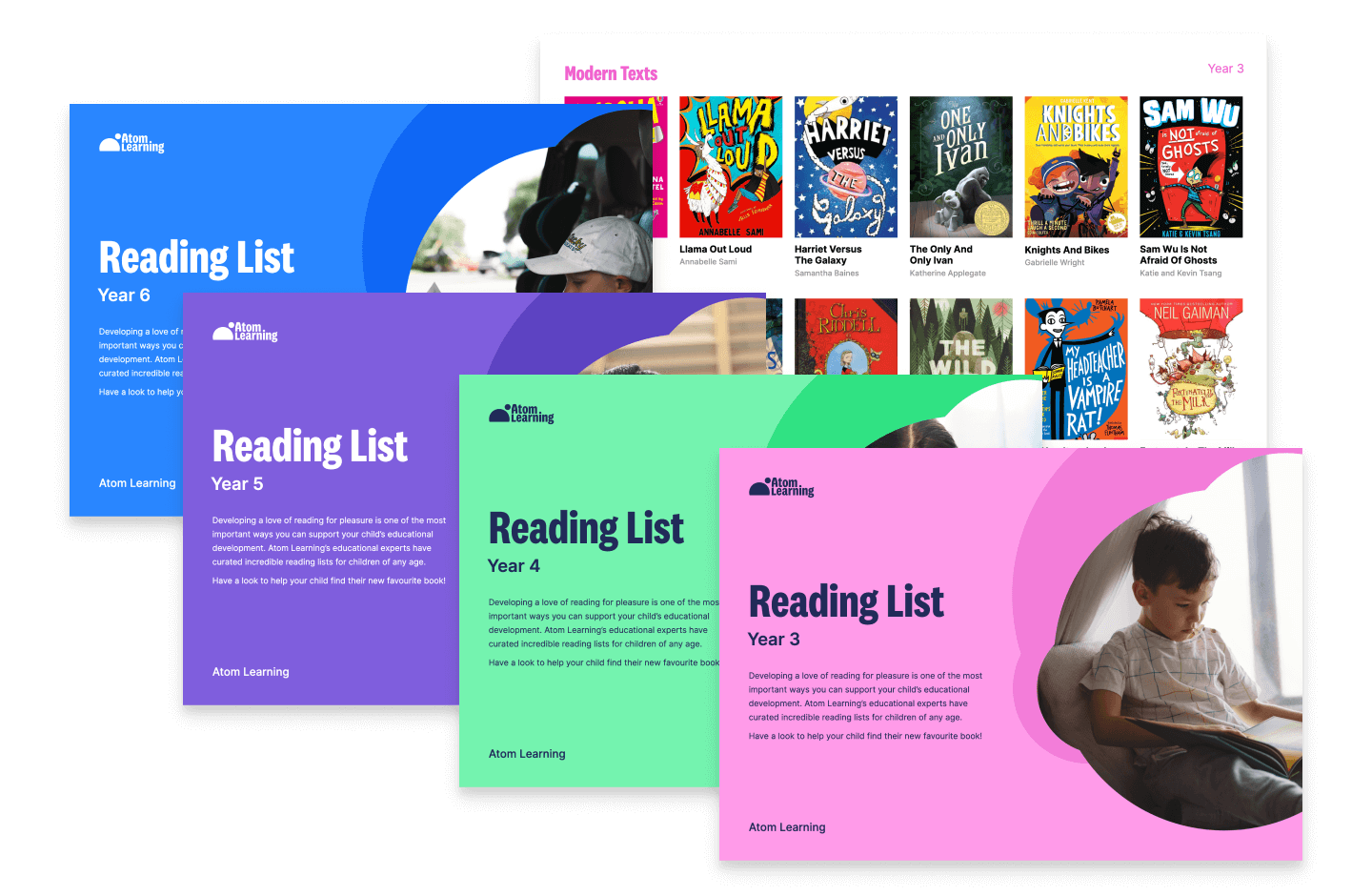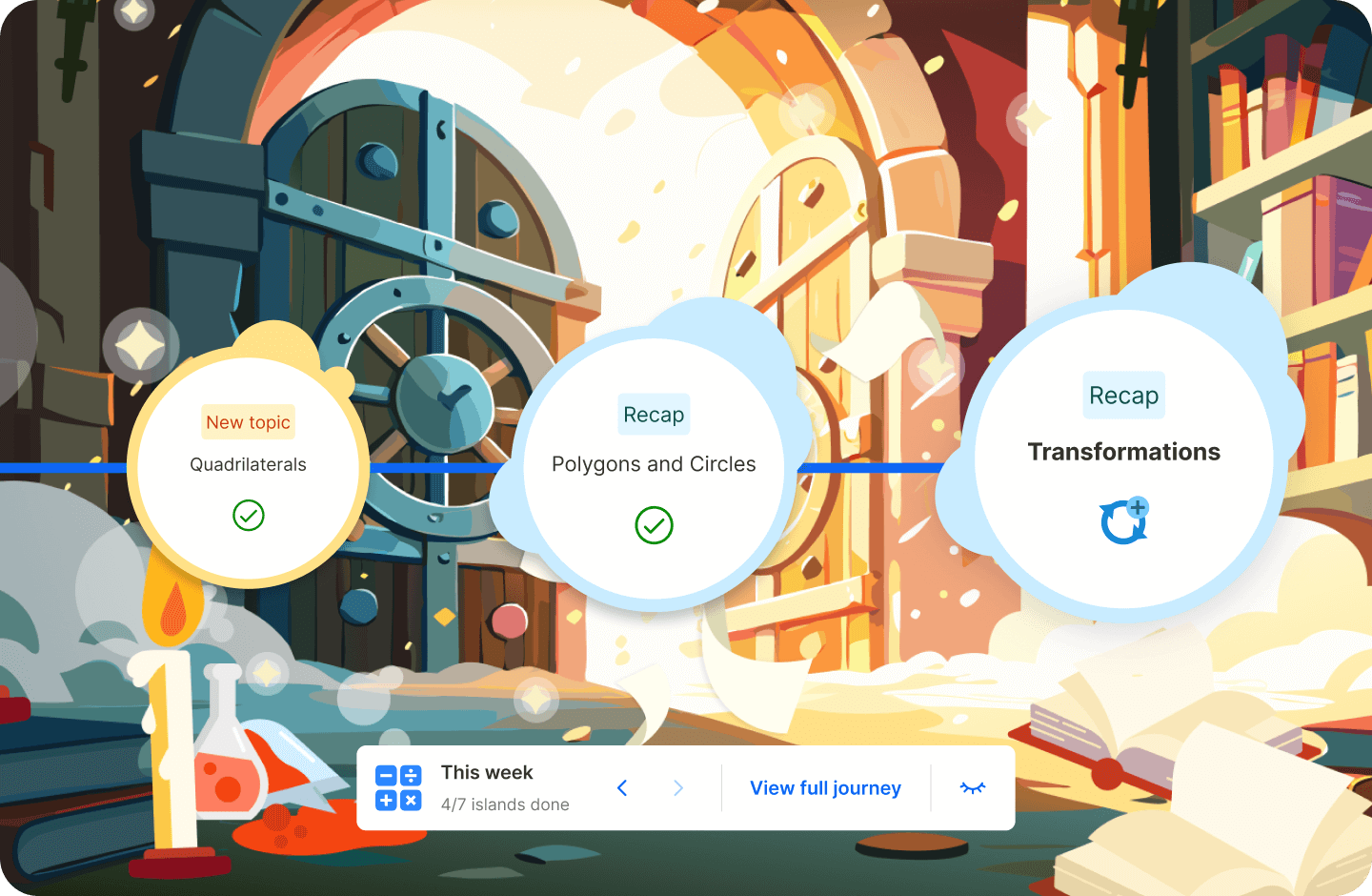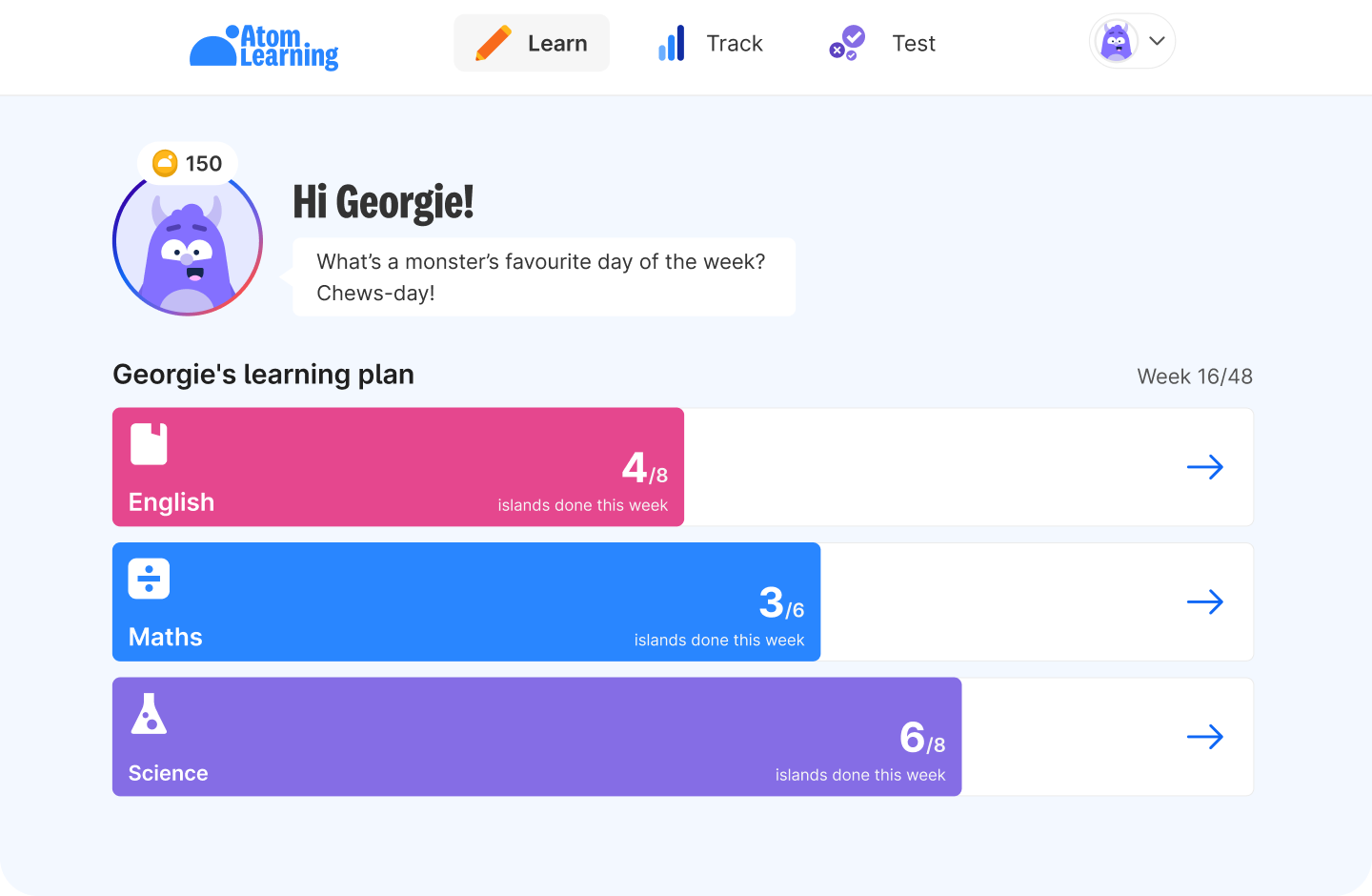5 ways to engage your child with reading

It’s no secret that reading can have profound benefits on your child’s long-term development. For children sitting the 11 plus, regular reading helps build essential skills for the English and verbal reasoning tests, such as expanding vocabulary, improving analytical thinking, and stimulating imagination.
However, getting your child to read is another matter. While some children are natural readers, others need much more encouragement. In fact, reading among young people is at an all-time low. According to the National Literacy Trust, in 2024, only 1 in 3 children aged 8 to 18 said they enjoyed reading. This was over a 10% drop from 2023 and the lowest since 2005.
Children who enjoy reading and read regularly have higher standardised reading scores than those who don’t. As the National Literacy Trust reports, ‘more children and young people who didn’t enjoy reading read below the average (9.4% vs.5.0%) and fewer read above the average (15.7% vs. 34.2%) compared with their peers who enjoyed reading’. As reading comprehension is tested in most school exams, including the 11 plus, it’s important that children develop those skills for success.
Children who enjoy reading and engage in it regularly tend to achieve higher standardised reading scores compared to those who don’t. According to the National Literacy Trust, ‘children and young people who didn’t enjoy reading were more likely to read below the average (9.4% vs. 5.0%) and less likely to read above the average (15.7% vs. 34.2%) compared with peers who enjoyed reading’. Since reading comprehension is tested in most school exams, including the 11 plus, developing these skills is essential for success.
In the age of social media and online games, this is to be expected. But is there a way to get your child reading again? We’ve put together some tips to help you get your child excited about reading again.
1. Read together
Reading together is an excellent way to not only encourage your child to read but also a great bonding activity. It gives you the opportunity to create a 'safe space' for your child. They might feel more comfortable reading with you than a teacher or their peers. So, encourage them to ask questions about the book, check they understand the plot and work on any vocabulary they find tricky. This will allow you to become more involved in your child’s learning.
Try regularly setting aside 20 minutes in the evening or at weekends for you and your child to explore reading together. The National Literacy Trust reported that only 1 in 5 young people read in their free time daily; this could be a way for you to encourage your child to do just that.
Reading together can also spark creativity. As you read, try engaging your child with open-ended questions about the story, ask them what they think might happen next or discuss the motives of the characters. This will enhance their comprehension and encourage them to think critically.
2. Encourage the freedom of choice
Reading comes in all shapes and forms: books, magazines, comics, newspapers, recipes, labels, print adverts – it doesn’t matter what it is; it’s all reading. Giving your child autonomy over their reading choices can help them feel in control of the activity and motivate them to explore further.
They also need to enjoy what they’re reading. Let them pick what they want to read. Find books about their hobbies and interests, maybe a biography of their favourite celebrity. They'll be more keen to read if they’re interested in the topic.
You can also use this as an opportunity for them to discover different genres. Let them try books from adventure to fantasy and see which one they love the most. Encourage them to go to a bookshop or library and let them browse freely so they discover new authors and uncover what they like the most.
Download free Key Stage 2 reading lists
Find your child’s next great read. Atom’s free KS2 reading lists include carefully chosen books to help children aged 7–11 build comprehension, expand vocabulary and develop a genuine love of reading. Perfect for reading at home or alongside school learning.

3. Create a reading-friendly home
Ensure your child has plenty of opportunities for regular reading by leaving a variety of reading materials around the home – particularly in rooms where they play and relax, such as the living room or bedroom. If your child is surrounded by books, they're more likely to pick one up and start reading. You could even create a cosy reading environment or a book nook, a comfortable space for your child to read. This will help to show your child that reading is a pleasurable activity that can be accomplished anywhere.
You can also make books readily available to your child. Arrange books on low shelves or baskets so that they can be reached easily. Incorporate reading into everyday spaces by having books in various rooms in the house, such as the living room or kitchen. If your child has access to a variety of reading materials and the freedom to choose, they’ll develop their own natural curiosity and begin to explore what they’re most interested in.
4. Make reading fun
Let’s be honest, children only want to do something when it’s fun. If they don’t enjoy reading, they’re more likely to give any excuse not to do it. But, if you can find a way to make reading fun for them, they’ll have more motivation to do it.
One way to make reading fun is to turn it into a game or use a reward system, such as a sticker chart, to incentivise your child. Every chapter or book they read gets a sticker or star. Adding this game or reward to reading might motivate them to pick up a book.
Reading challenges are another valuable option. They are an excellent way to motivate reluctant readers, support confident readers, and help all children discover the joy and benefits of books. They not only make reading fun but also help to build discipline and comprehension skills while allowing your child to feel a sense of achievement. Most local libraries host reading challenges at various times throughout the year, or you can find some online to participate in as well.
5. Be a reading role model
Children are impressionable, and you’ll undoubtedly have experienced intriguing moments where your child has copied your language or imitated your behaviour. However, this natural admiration may not be so apparent when they reach their teen years, so make the most of this window of opportunity and role model good reading habits.
When children observe you reading regularly and enjoy it, they associate reading with value, importance, and pleasure. Be visible when spending time with a book or a newspaper, and allow your child to ask questions about what you’re reading and invite them to get involved. Tell them about the book and why you’re excited about it. If you want to take it one step further, you could even read the same book as your child. Sit together and read, and then talk about the chapter you read afterwards.
If you show them how enthusiastic you are about reading, they’re likely to mimic the behaviour. If they do, encourage them and express your excitement.
Build strong English, maths and science skills.

Want to support what your child is learning at school, or help them stretch beyond it? Atom gives them the right blend of challenge and support. Help them strengthen foundations, deepen understanding, and grow confident in the subjects that matter most for Key Stage 2 and beyond.
- Follow personalised weekly learning plans that adapt to your child’s level and keep them progressing in English, maths and science.
- Learn through interactive lessons that stretch their thinking and reinforce key skills.
- Track progress topic by topic. See their strengths and pinpoint where they need to improve.
Start your free trial and help your child make real school progress today.




